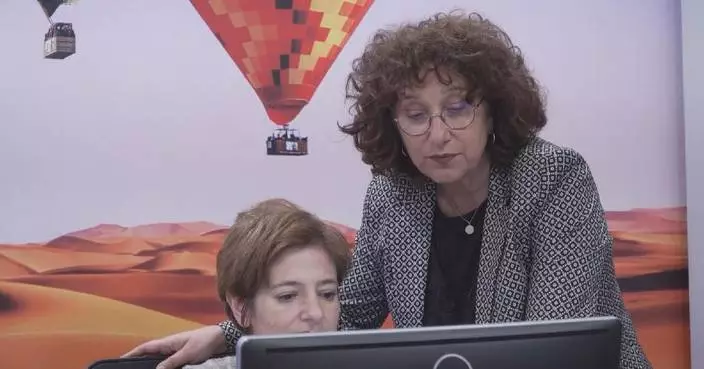The key to cross-cultural collaboration is maintaining an open mindset, which helps participants better understand and appreciate each other's cultural differences, according to Keith Kelly, an American lawyer specializing in entertainment, technology, and advertising.
In an interview with China Global Television Network (CGTN), Kelly discussed the future of China-U.S. relations in the arts and entertainment industries.
During his studies in Chinese law at Peking University, Kelly developed a strong interest in the Chinese entertainment industry and has worked on cross-border entertainment and intellectual property issues, conducting extensive research on U.S.-China trade and entertainment law.
"I think the U.S. still makes content for China. They still consider China a very relevant market, especially for big commercial films. You always look and think about Chinese audience before you make a film, green-light a film – how it will do there. It's very tough to predict, but it's still always a consideration. So I think that's the way in which the two countries continue to cooperate – it's by exchanging ideas, showing their cultural relevance and significance through content that is compelling to both a Chinese audience and a U.S. audience," said Kelly.
He highlighted the Chinese government's support for the arts, viewing it as an opportunity for artists to focus on creativity rather than commercial interests.
"And I think China is getting very, very good in film and television production, but yeah, it's beyond commercial success to measure the success of a project. But at the end of the day, you need people to financially support these things so they can get made. So in Hollywood, it's very difficult to make a big film if it doesn't perform well. You make too many of those, you don't make anymore. But in China, I think the government, for my understanding, supports the arts quite well. So they can take chances. They can do things that are not necessarily made for a commercial audience. I think you have to approach any cooperation, whether it's U.S. and China or U.S. and anybody, even U.S. to U.S., with an open mind," said Kelly.
Kelly noted that while cultural differences may present challenges, these challenges also offer valuable opportunities for both sides to learn and grow.
"I think it's particularly valuable whenever you're doing cooperation with somebody that's not from your culture because that's the only way in which you learn about the other culture. It can be very challenging to do that because you have two different views of doing things, and you have to figure out how to do it. But I think the process in doing that can create very compelling content, and it can create things that you could otherwise not create if you were just making things with people who thought like you or held the same sort of cultural background as you do," said Kelly.

Open mindset is key to China-U.S cultural cooperation: entertainment lawyer









